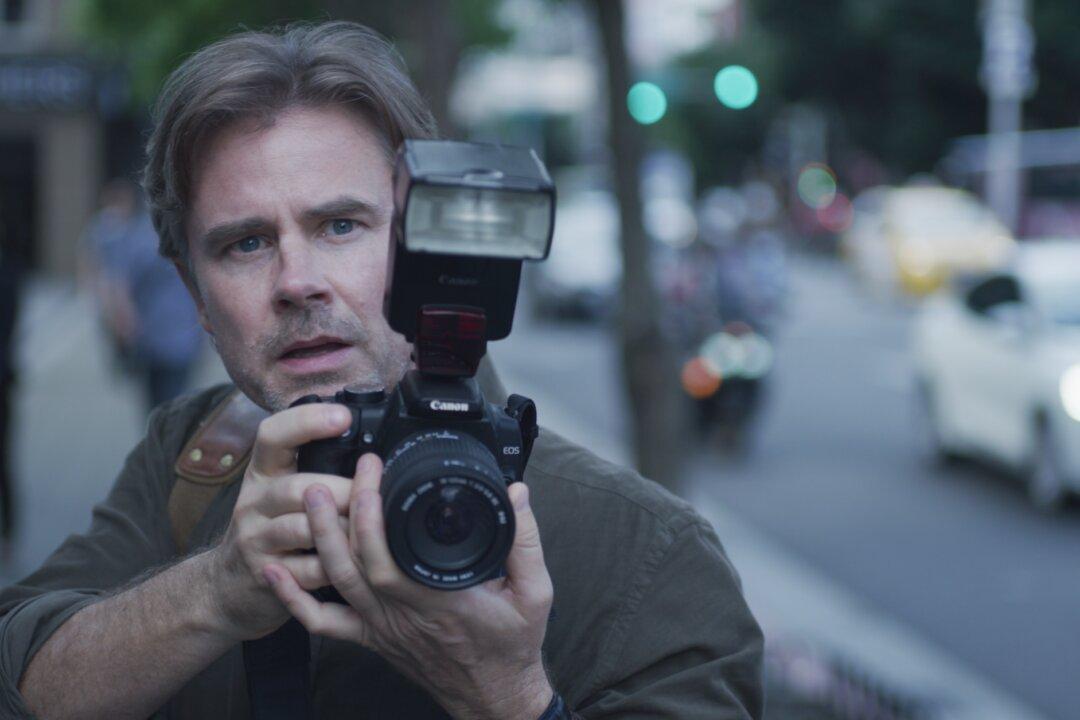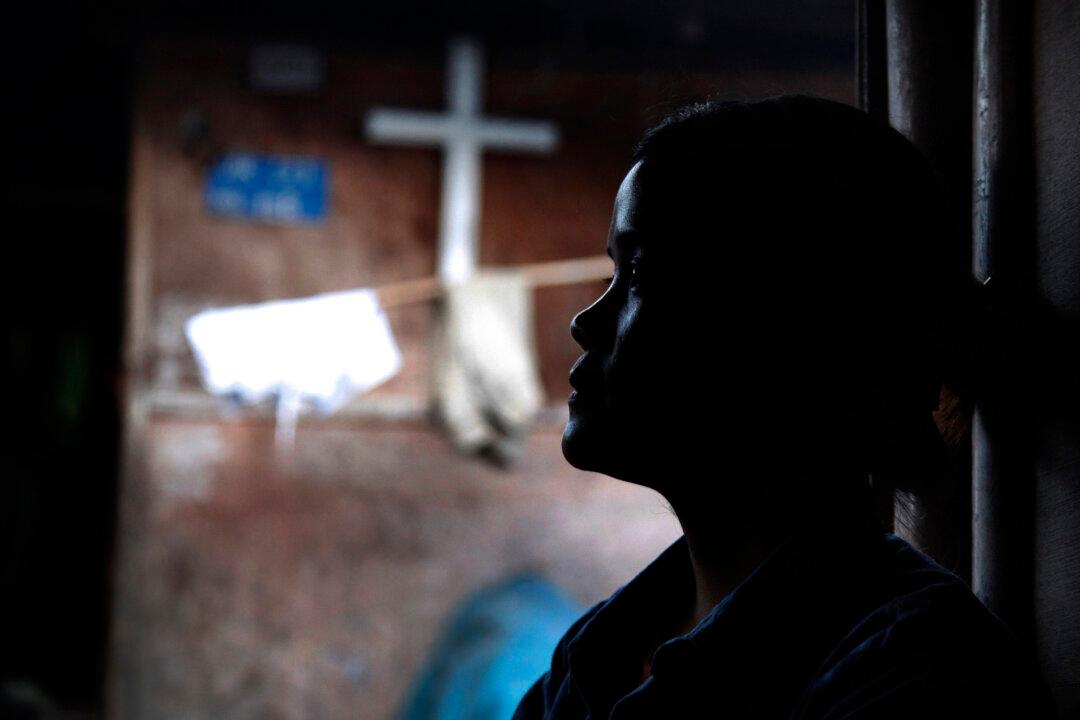Commentary
The film “Schindler’s List” reminds the audience of the crimes that took place at the Auschwitz concentration camp, and imprints historical events and figures on their minds with vivid images. After World War II, the Nuremberg trials exposed the Nazis’ crimes and the international community promised multiple times to not let the evils of Auschwitz reoccur.

